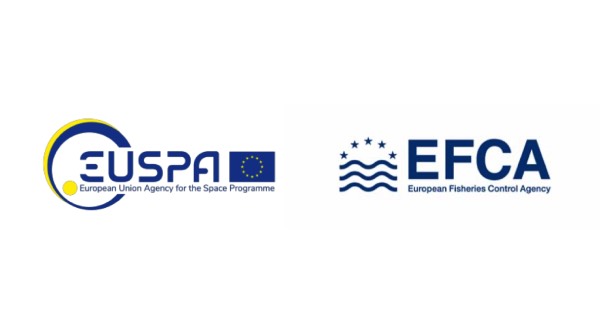The European Union Agency for the Space Programme (EUSPA) and the European Fisheries Control Agency (EFCA) have signed a cooperation agreement in the form of a Memorandum of Understanding (MoU), concluded for an initial duration of two years.
EFCA and EUSPA share common objectives with regards to safer, more sustainable and efficient maritime operations. This cooperation will further strengthen EFCA’s capabilities when it comes to modern and emerging technologies and services, which could be made available to Member States fisheries control authorities. This would lead to an improved capacity for detecting, identifying and categorisation of suspected non-compliance fishing activities, providing additional tools for the operational activities coordinated by EFCA.
More specifically, EFCA will benefit from the added value of Galileo, the European global navigation satellite system, managed by EUSPA. EFCA and EUSPA have identified some initial EU funded projects which could be of common relevance: Bluebox Porbeagle VMS, on the position of vessels computed with Galileo and authenticated with OS-NMA; and GAMBAS, within the scope of search and rescue activities.
As part of its work, EFCA assesses the added value of innovative vessel detection and earth observation technologies offered by Copernicus in support of maritime surveillance and fisheries control activities. Given the operational reality and specificities of fisheries monitoring, control and surveillance, and its connection with the EU Maritime Security Strategy, EFCA as a central hub, seeks to further develop and expand its services in support of Member States fisheries control authorities.
EUSPA will offer its technical expertise in satellite navigation as well as its market knowhow in GNSS and Earth Observation to produce together with EFCA joint studies and develop space solutions that will positively contribute to the EU’s blue economy.









































